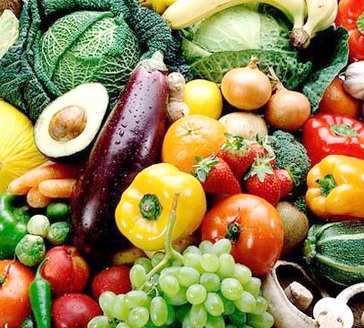
|
Some Common Myths Thought to be True - Myth 107
Myth 107: Organic Food is Free of Pesticides
Organic food isn't free of pesticides. However, pesticide levels on both
organic and non organic foods are so low that they aren't of concern, according
to the USDA.
The incredible success and sustained growth of the organic movement over the
past several decades has led to many positive changes for the general food
supply, which include the increased availability of clean food. But there is a
common misperception among many in the natural health community that all
organic food, and particularly all organic produce, is grown using absolutely
no pesticides, herbicides, or other external inputs.
|
|
In truth, some organic foods are, indeed, grown with chemical inputs, which may
come as a surprise to some. But the good news is that these inputs are not the
same as the inputs used on conventional produce, and do not contain any
synthetic ingredients. In most cases, natural and organic pesticides are
developed completely from plant and herb components, and actually promote the
health of both plants and soil.
Depending on the size, scope, and focus of a particular organic farm, varying
cultivations standards can be legally employed and still be considered organic.
Small-scale, family-operated biodynamic organic farms, for instance, may be
able to successfully grow all their produce using absolutely no chemical
interventions whatsoever, while larger-scale organic farms may need to apply
certain chemical solutions to their crops in accordance with the official
organic standards established by the U.S. Department of Agriculture (USDA).
Organically produced fruits and vegetables are grown in an environment absent
of synthetic chemicals, yes, but the notion that they're grown without
chemicals at all is false. The fact is, most state laws allow organic farmers
to spray a whole gamut of chemical sprays, powders and pellets on their organic
crops. That is, if they are 'organic' or natural chemical sprays, powders and
pellets.
|
